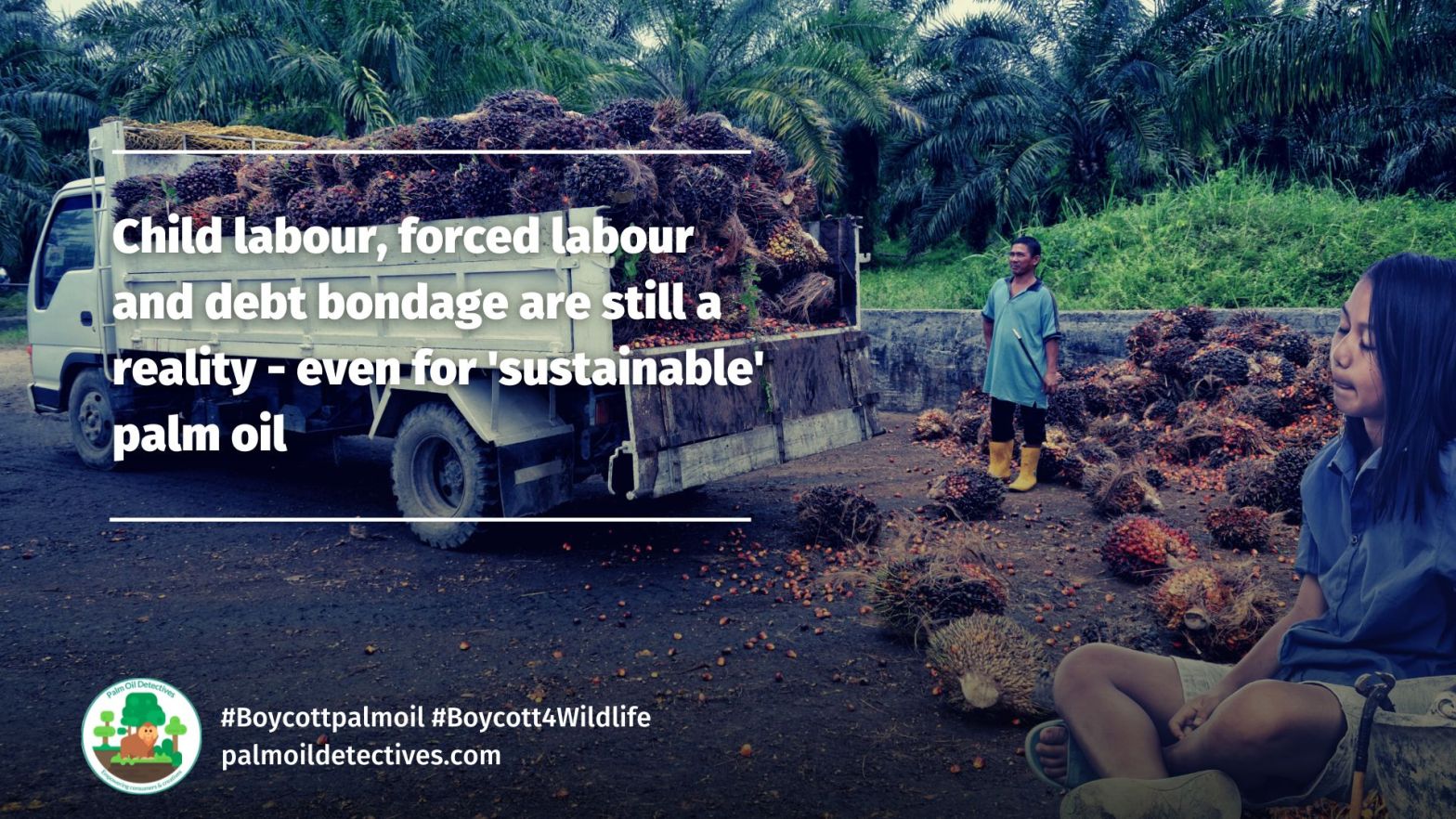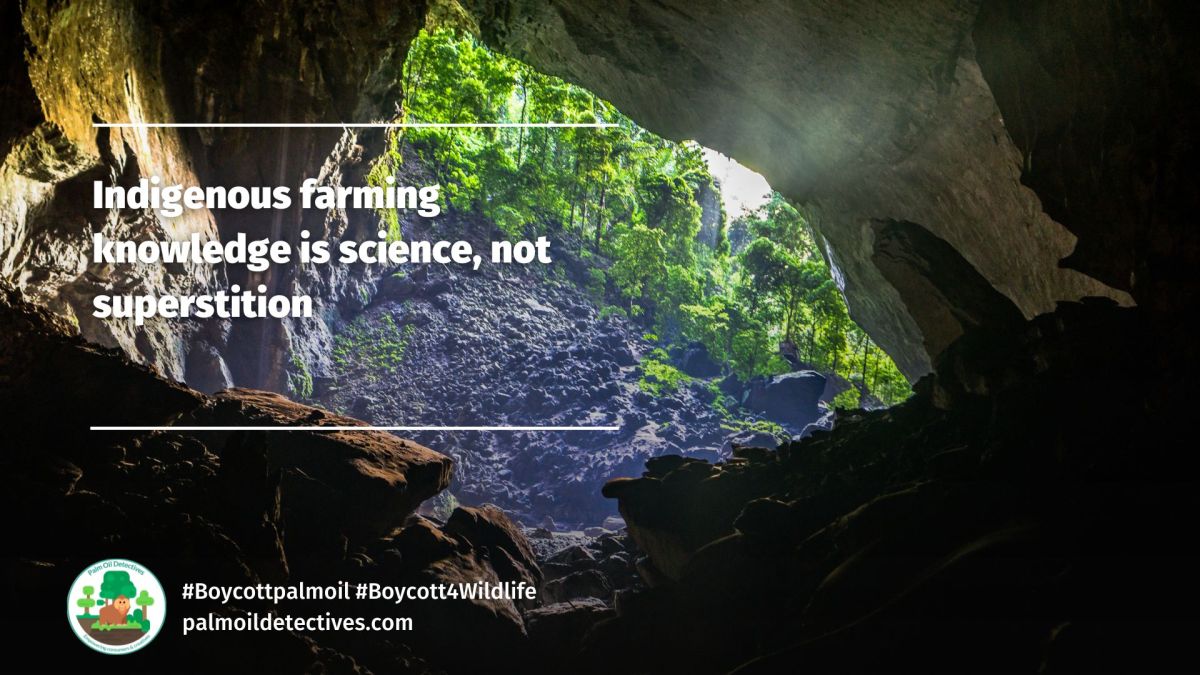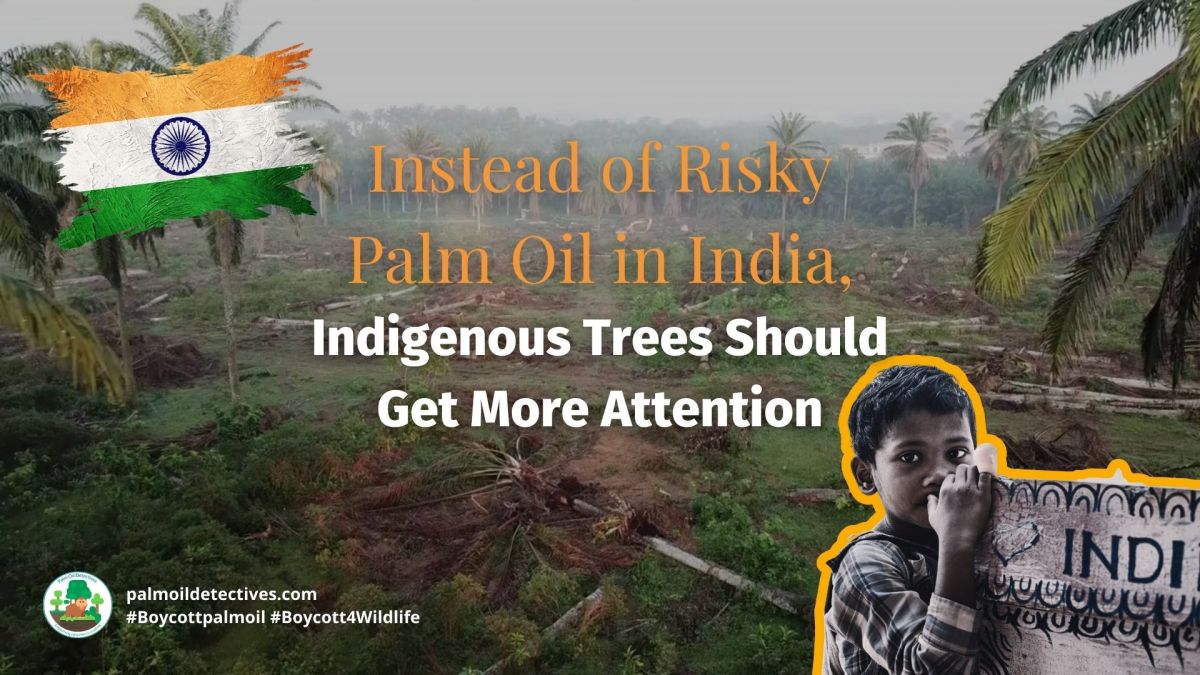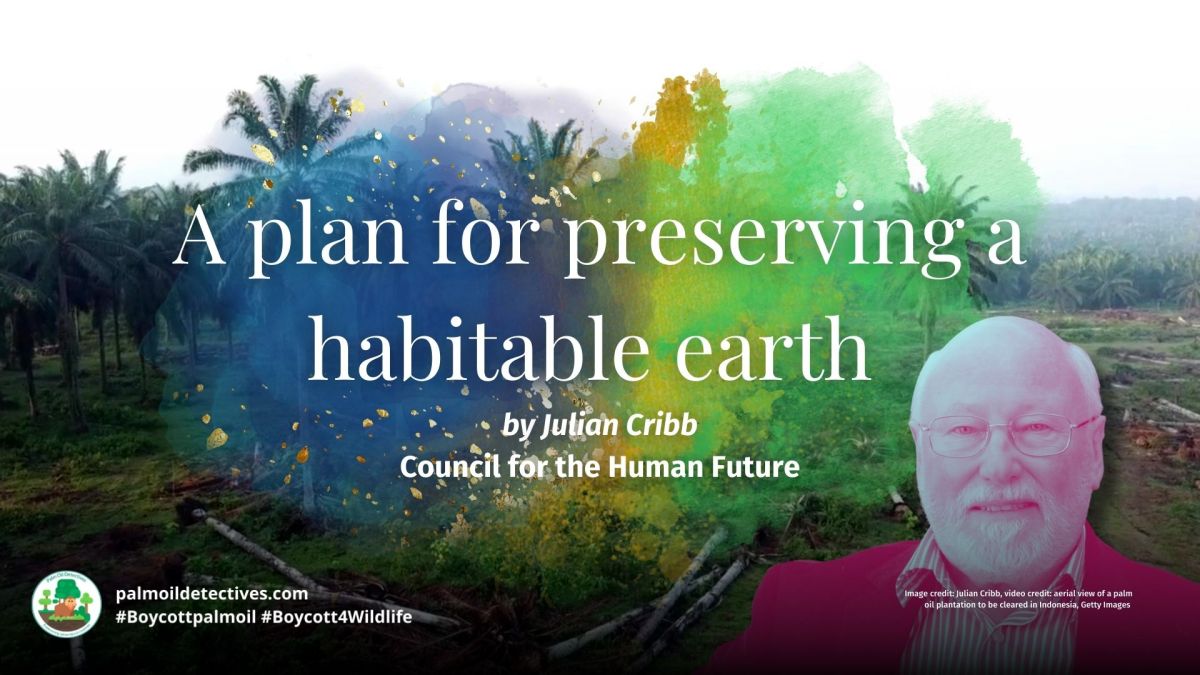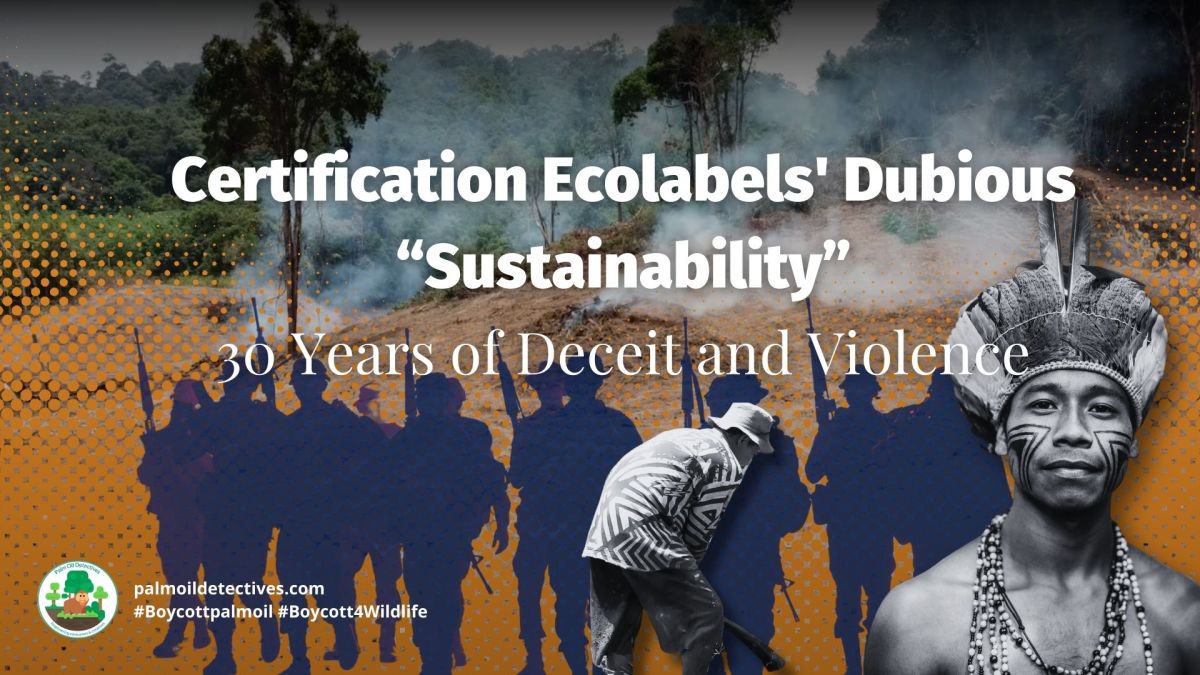According to a new report from the Bureau for Workers’ Activities (ACTRAV) at the International Labour Organization (ILO). About 80% of the world’s poor live in rural areas where they face a myriad of human rights problems which hamper their ability to survive.
Problems include inadequate safety at work, low pay, lack of stability and security of work, and excessive working hours, with women and young workers.
Child labor, slavery, low pay and debt peonage are a part of the #palmoil industry – even so-called ‘sustainable’ palm oil. Fight back with your wallet in the supermarket and #Boycottpalmoil
Tweet
New report: #humanrights abuses affect 80% of the world’s poor, here’s how we help them #Boycottpalmoil #Boycott4Wildlife
Tweet
Report summary and media release originally published by the International Labour Organisation (ILO), June 2022. Read original
The report, Decent work deficits among rural workers is based on 16 cases studies covering 15 countries in Africa, Asia, Central Asia, Europe and Latin America.
The report finds that:
- Chemical exposure poses serious health and other risks to agricultural workers, in particular to children and pregnant and lactating women.
- Women workers are disproportionately represented in the most precarious positions. Female workers also tend to be in low-paying, low skilled jobs, suffer huge gender pay gaps, and are more prone to may workplace harassment and abuse compared to male workers.
- Child labour, forced labour and debt bondage are still a reality. Up to 95 per cent of children engaged in hazardous work are employed in agriculture, notably in the cocoa, palm oil and tobacco sectors. Force labour is also a reality in some sectors and is linked to workers’ multiple dependencies on employers.
- Weak social dialogue and barriers to accessing worker’s organizations. In many sectors trade unions are either non-existent or face major barriers to interacting with other workers’ organizations such as farmers’ groups and cooperatives. Social dialogue and representation for female, informal, casual, seasonal, temporary and self-employed workers, are all areas of particular concern, as is the representation of smallholders.
- Social protection remains a dream. Inadequate social protection is a particular issue for workers in precarious arrangements, including informal, casual, temporary and subcontracted workers and day labourers who form the large majority of workers on agricultural plantations.
The report makes a number of recommendations to
- Strengthening labour administration in rural economies
- Improving the presence and capacity in rural economies of trade unions and other grassroots workers’ organizations
- Formalizing informal enterprises and employment arrangements
- Ratification of and adherence to relevant ILO Conventions and other International Labour Standards
- Integrating rural economic sectors into formal and institutionalized social dialogue processes
- Strengthening crisis preparedness and social protection in the rural economy
- More research and policy analysis for better understanding and response to the needs and expectations of rural workers and their organizations.
Report summary and media release originally published by the International Labour Organisation (ILO), June 2022. Read original
ENDS
Read more about human rights abuses and child slavery in the palm oil industry
Contribute in five ways
1. Join the #Boycott4Wildlife on social media and subscribe to stay in the loop: Share posts from this website to your own network on Twitter, Mastadon, Instagram, Facebook and Youtube using the hashtags #Boycottpalmoil #Boycott4Wildlife.
2. Contribute stories: Academics, conservationists, scientists, indigenous rights advocates and animal rights advocates working to expose the corruption of the palm oil industry or to save animals can contribute stories to the website.
3. Supermarket sleuthing: Next time you’re in the supermarket, take photos of products containing palm oil. Share these to social media along with the hashtags to call out the greenwashing and ecocide of the brands who use palm oil. You can also take photos of palm oil free products and congratulate brands when they go palm oil free.
4. Take to the streets: Get in touch with Palm Oil Detectives to find out more.
5. Donate: Make a one-off or monthly donation to Palm Oil Detectives as a way of saying thank you and to help pay for ongoing running costs of the website and social media campaigns. Donate here

